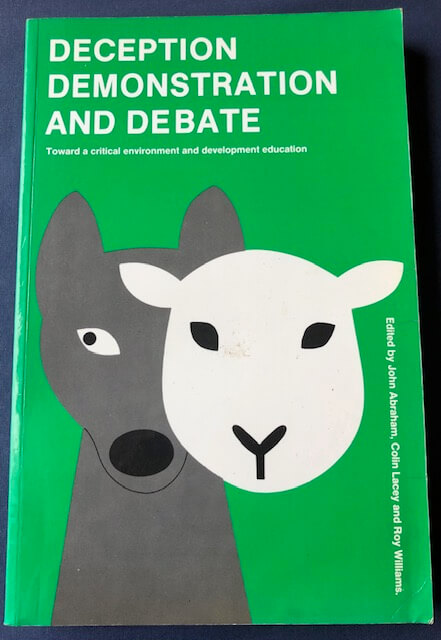
Deception, Demonstration and Debate: Toward a Critical Environment and Development Education
Author: John Abraham Category: Factual Academic Publisher: Kogan Page More Details“Although the Cold War may be thawing rapidly we still live in a world which has failed to develop in a way that enables its peoples to have enough to eat. Mass hunger is still widespread yet our work is characterized by rapid industrialization and huge capital accumulation – processes which now seem to be resulting in adverse environmental effects at the personal, regional and global levels. How are we to extend our understanding of what is happening to our world for ourselves and future generations? Can education become a more effective means to deeper understanding? In this book, John Abraham and his colleagues further advance their long-term experimental project in public sociology by bringing together perspectives on education relating to environment and development issues from a wide range of professional viewpoints: schools, education authorities, television producers, freelance journalists, media analysts, universities, research institutes, and industry consultants. Despite the wide variety of institutional settings and the broad range of subject matter from transnational agribusiness to classroom pedagogy, a number of common themes and concepts emerge. In particular, it is revealed that people from this range of institutions are endeavouring to develop a ‘new intelligence’ among numerous audiences. Citizens need to understand the structure of public debate about environment and development issues. They need to appreciate that deceptions are frequently deeply embedded in this debate. Attempts to demonstrate such deceptions are often difficult and sometimes hazardous. Moreover, deception, demonstration and debate may take different forms within different institutions. If we are to make informed and intelligent judgements about environment and development issues, then we need to begin the process of educating ourselves about these social practices.”